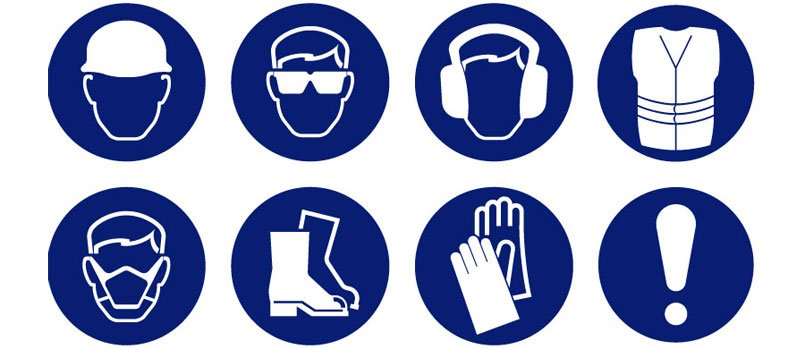A recent survey has found that a quarter of employees working in hazardous job roles believe their employers aren’t doing enough to protect their health and keep them safe at work.
The survey found that a quarter (25%) of labourers in manual professions, such as those in construction, thought their company’s health and safety information didn’t go into enough detail about their role and the dangers they could face, or how to deal with risky situations.
Worryingly, the survey of 2,000 employees, working for businesses that have over five employees, shows that almost two thirds (65%) of employees have never received any information on their company’s health and safety policies, despite it being a basic legal requirement for all companies with five employees or more.
The research found that the majority felt that they are well equipped to deal with a hazardous situation if one occurred, with a fifth (18%) have no idea how to report an issue or hazard at work. A quarter (25%) had a vague idea about how to handle the situation, but would still need to ask for help or consult with the company’s procedure documentation first. The remaining more than half (57%) of knew exactly what to do in a hazardous situation.
Although it is the duty of the employer to keep staff members safe, workers are also failing to take responsibility for their own welfare and follow rules that have been put in place. Almost half (48%) of those who work in a hazardous or high-risk role, have not read their operations manual.
Those who work in low-risk roles such as office work, are more likely to read their company’s health safety guidance – almost two thirds (60%) of these employees have read the health and safety documents they were provided with, despite being exposed to fewer hazards.
Failing to provide workers with information and guidance on health and safety policies could land business owners with a hefty fine, or even a prison sentence in extreme cases. Additionally, where staff are not trained or provided with information on how to work safely, there is a greater risk of accidents happening – especially in more hazardous industries.



